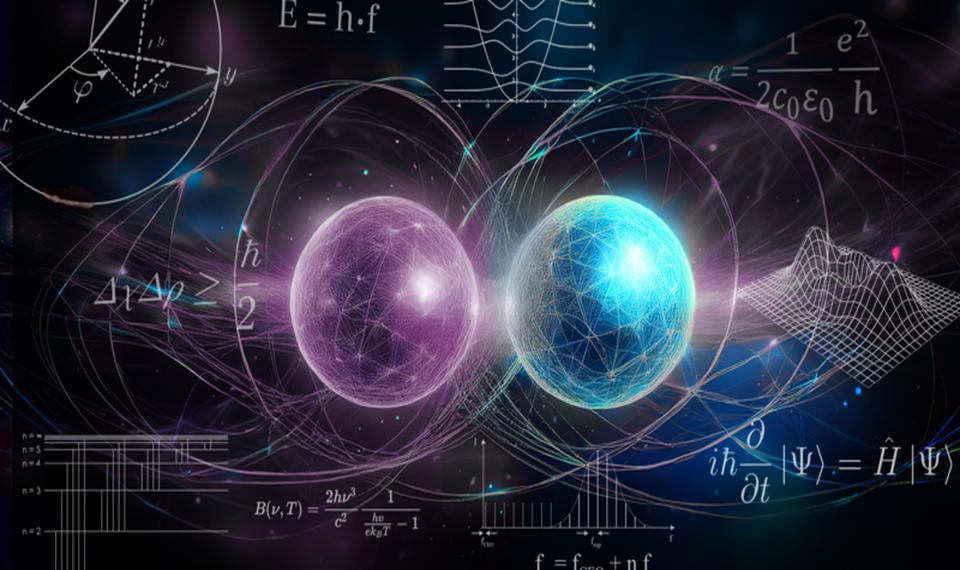![]()
Master Forces and Motion: Your Ultimate Guide to GCSE Physics Success 🎓🚀
Get Ready to Unleash Your Inner Physics Whiz 🚀
Welcome, students, parents, tutors, and teachers! Are you ready to embark on an exciting journey through the world of forces and motion as we prepare for GCSE Physics? Let’s dive right in!
Unlocking the Mysteries of Forces and Motion 🔓
Forces and motion are essential concepts in GCSE Physics, and understanding them is key to your academic success. Simply put, forces act on objects to make them move, change direction, or stop. Sounds simple, right? But there’s more to it! Let’s explore these fascinating topics together.
Understanding Forces 🤖
Forces can be divided into two main types: contact forces (like friction and tension) and field forces (like gravity and electromagnetic forces). Grasping the differences between these forces will help you tackle GCSE Physics problems with ease.
Exploring Motion 🏎️
Motion is all about the position, displacement, speed, and velocity of an object. To excel in GCSE Physics, you’ll need to master these concepts and understand how they relate to each other. Practice problems involving motion will help you develop a strong foundation for further studies.
Tips for Success 🌟
1. Break it down: Break complex problems into smaller, manageable parts.
2. Practice, practice, practice: Regular practice will help you build confidence and improve your problem-solving skills.
3. Stay organized: Keep your notes, formulas, and resources well-organized for easy access during revision.
4. Ask for help: Don’t hesitate to seek help from tutors, teachers, or peers if you’re stuck on a problem.
The Power of Personalised Learning 👩🏫👨🏫
At Tutor GP, we believe that everyone learns differently. That’s why our online tutoring sessions are tailored to meet your unique needs, helping you achieve academic success in GCSE Physics.
Real-Life Applications 🌐
Understanding forces and motion is essential for careers in engineering, physics, and many other fields. These concepts are also valuable in everyday life, helping us to make informed decisions about our actions and the world around us.
FAQs ❓
- 🔍 What is the difference between displacement and distance?
- Displacement is the change in position of an object from its initial position, while distance is the total length of the path an object travels.
- 📋 How can I create a study schedule for GCSE Physics?
- Break your study time into manageable chunks, prioritize difficult topics, and include regular breaks to maintain focus.
- 💡 How can I stay motivated during GCSE Physics studies?
- Set clear goals, celebrate small victories, and remind yourself of the benefits of hard work and dedication.
- 🤝 How can Tutor GP help me with GCSE Physics?
- Our experienced tutors provide personalised, one-on-one support to help you master the challenging topics of forces and motion.
- 🌟 What are some effective learning strategies for GCSE Physics?
- Active learning, visualisation, and teaching others are effective strategies for building a deep understanding of GCSE Physics concepts.
- 💻 Is online tutoring as effective as in-person tutoring?
- Yes! Online tutoring offers flexibility, convenience, and access to a wider pool of qualified tutors.
- 📚 How can I prepare for GCSE Physics exams?
- Focus on understanding the concepts, practice problems, and revise regularly to build confidence and reduce test anxiety.
- 🌟 What are the benefits of studying forces and motion?
- A strong understanding of forces and motion will provide a solid foundation for further studies in physics, engineering, and many other fields.
We hope this guide has given you a glimpse into the world of forces and motion and inspired you to embark on your GCSE Physics journey. With Tutor GP’s expert support and your dedication, you’re on your way to academic success! 🌟🚀🎓
Stay tuned for more helpful tips and insights on GCSE Physics and other subjects. Happy learning! 🤓📚




